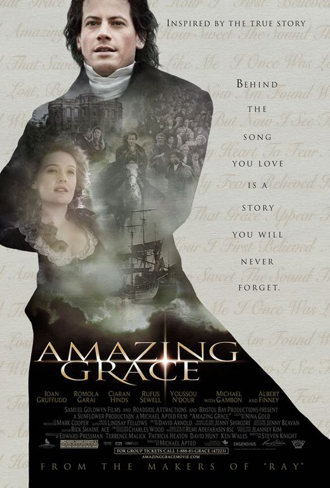It's an awfully long time since I have watched a complete episode of The Simpsons so I wasn't 100% confident that I would be happy sitting through an extended version…
Read More
Flying in the face of the embargo, Black Magic reviews Eagle vs. Shark: If you’re into comedies this is definitely a must-see. Huh? Who isn’t “into comediesâ€? Have you ever…
Read More
Adding a sad extra twist to the wonderful restrospective of 70s cinema in this year's Festival is the news that László Kovács, cinematographer of two of those films (Five Easy Pieces…
Read More

While the Film Festival takes up a justifiably huge chunk of time and mindspace during these two weeks the world of commercial cinema has hit back hard with two of…
Read More
The world of Harry Potter takes on an Orwellian tone in The Order of the Phoenix, episode 5 in the Hogwarts soap, which sees the magic bureaucracy in London desperate…
Read More
It’s Film Festival time of year, that two and a half week period when watching three films a day becomes more than shameful self-indulgence, its almost obligatory. Like life itself,…
Read More
